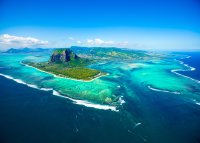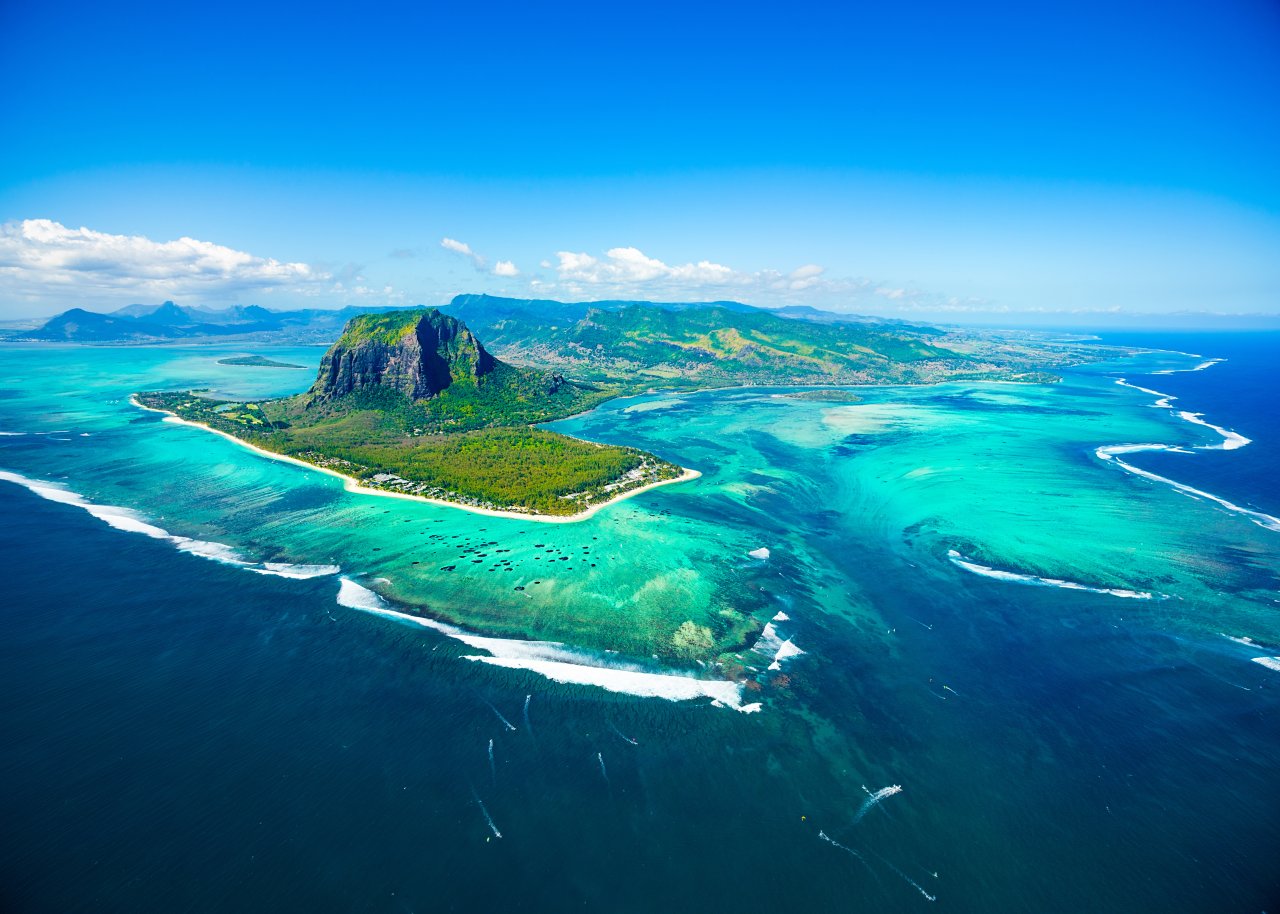VISA ISSUE Visas can be obtained from Mauritian embassies and high commissions. Visa application forms are available online from the Passport and Immigration Office (passport.gov.mu). In addition to the form, you will need to send two recent passport-sized photographs and a photocopy of the data pages of your passport.
STAYING ON
Visa extensions Each application to stay longer than the period written by the immigration officer in a visitor’s passport is treated according to the individual visitor’s circumstances, not by standard published guidelines.
Applications are dealt with by the Passport and Immigration Office (Sterling Hse, 9–11 Lislet Geoffrey St, Port Louis; % 210 9312; f 210 9322; e piomain[at]mail.gov.mu; passport.gov.mu; ( 09.00–14.30 Mon–Fri, 09.00–11.00 Sat).
You will need to take with you a letter addressed to the Officer In Charge, Passport and Immigration Office, in which you explain your reason for wanting to stay longer, and until what date you want to stay. You should state also that you have a ticket out of Mauritius and give details of your confirmed reservation to leave. Include details of where you are staying and of the amount of funds you have available to cover your costs, including lodging and personal expenses. Be prepared to furnish proof of everything you say in the letter.
If your case is genuine and you satisfy the examining officer that you do not intend to work and will not become a charge on public funds, an extension may be granted for up to three months as a tourist.
Work permits Because Mauritius is developing with the aid of considerable private foreign investment, the authorities accept the need of those foreign investors to employ foreign personnel (usually as directors or financial controllers) to represent their interests. Expatriates with technical or professional ability are also likely to be granted work permits if they have been offered employment by a Mauritian company and qualified nationals are not available. Applications for work permits are made through the Board of Investment and further information is available on its website
Your potential employer will apply for the work permit and pay the fee, which rises for each year of employment. It is likely to take several weeks before it comes through. Forms are available from the Employment Division of the Passport and Immigration Office (10th Fl, Sterling Hse, 9–11 Lislet Geoffrey St, Port Louis; % 213 2370; labour.gov.mu/empment/download/wpermit.pdf; ( 09.00–16.00 Mon–Fri).
Residence permits Applications for permanent residence permits are made to the Prime Minister’s Office (4th Fl, New Government Centre, Port Louis). Each application is investigated thoroughly and if it is from a foreigner wishing to invest in Mauritius, it is considered in conjunction with the proposed investment project. If applying for a work permit (investor, professional or self-employed), you apply for a residence permit at the same time and receive what is called an ‘occupation permit’ to allow you to live and work on the island. Information on living, working and retiring in Mauritius is available from the Board of Investment.
Integrated Resort Schemes/Real Estate Scheme Since 2002, non-Mauritian individuals and companies have been allowed to purchase properties that are part of an Integrated Resort Scheme (IRS). An IRS must have certain characteristics, but broadly speaking, in return for purchasing a luxury villa, which is part of an IRS and costs a minimum of US$500,000, the individual is entitled to acquire Mauritian residence for the duration of the villa ownership. There is no restriction on the length of time that the villa can be rented out.
IRS are not usually built on the beachfront but they are finished to a high standard and have extensive facilities. As well as luxury villas, they typically have restaurants, shops, swimming pools and a golf course. Maintenance, gardening and security are usually included. In 2007, the Government of Mauritius announced that the IRS concept would be extended to small landowners under a new scheme called the Real Estate Scheme (RES). This is essentially a slimmed-down version of the IRS with smaller land sizes (up to 10ha) and no minimum investment amount.















